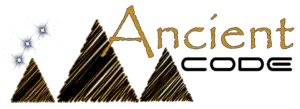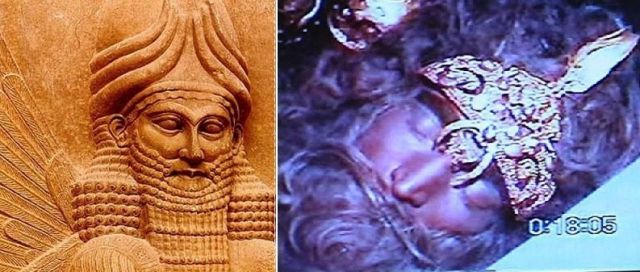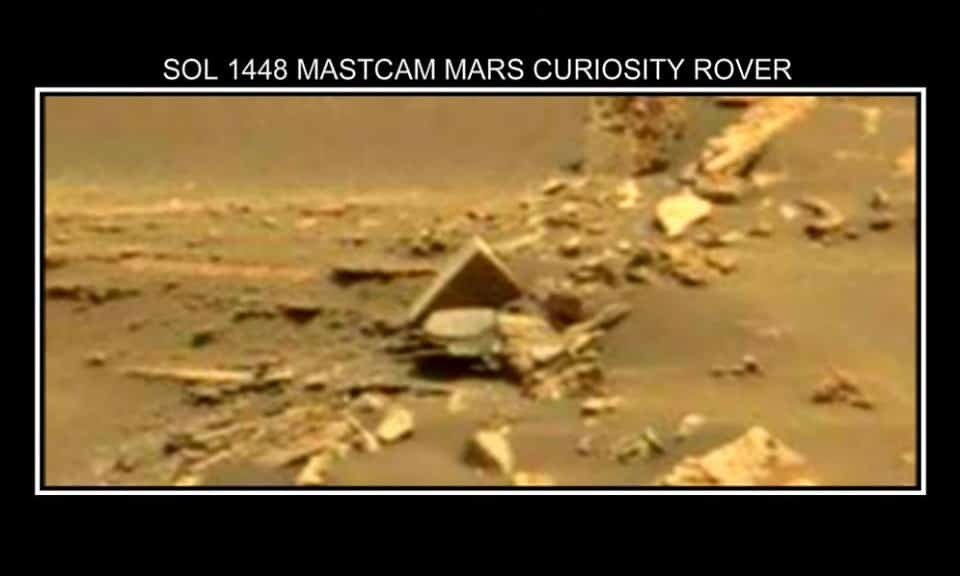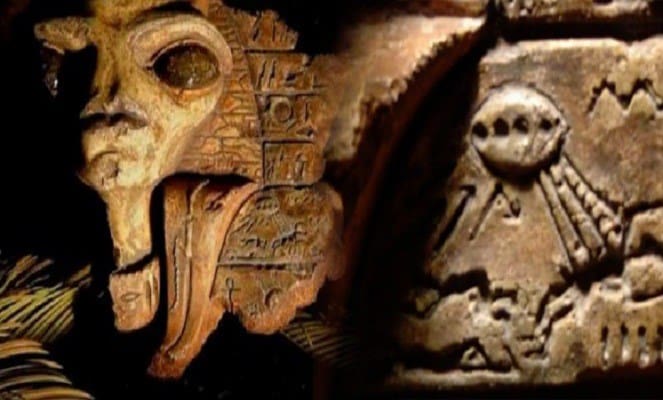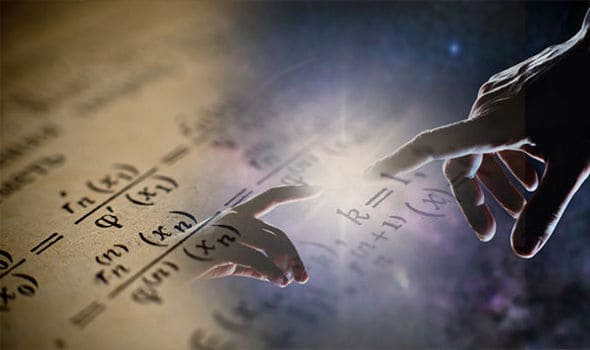

It seems that Scientists have supposedly confirmed the existence of ‘God’ after ‘proving’ a mathematician’s theory which suggests a ‘HIGHER POWER’ exists.
According to two scientists, they may have proven –once and for all— that there is a –holy- force out there, after confirming complex mathematical equations.
Around 1941, Mathematician Kurt Gödel created a long and complex theory based on MODAL LOGIC. Called Gödel’s ontological proof it presupposes the notion of positive and negative properties, and proves the necessary existence of an object which each positive property, but no negative property, applies to.
Gödel’s theory is based on mathematical equations which are very sophisticated, but as most things in history, they are based on far more ancient ‘models’.
Gödel’s ontological proof is a modern version of the ontological argument for the existence of God of St. Anselm of Canterbury (1033-1109), a Benedictine monk who was archbishop of Canterbury from 1093 until his death.
His argument, in summary is the following: “By definition, God is that from which nothing greater can be conceived. If such a being fails to exist, then a greater being—namely, a being than which no greater can be conceived, and which exists—can be conceived. But this would be absurd: nothing can be greater than a being than which no greater can be conceived. So a being than which no greater can be conceived—i.e., God—exists.
The essence is that no greater power than God can be conceived, and if he or she is believed as a concept then he or she can exist in reality.
Many of the demonstrations –such as those written above— are based on assigning the concept of “God” a maximum property. Gödel’s demonstration, on the other hand, tries to use a minimal argument, so it focuses on the “essence” of the positive properties that characterize God.
https://www.youtube.com/watch?v=NZI5_0QCgj0
Gödel’s Ontological Argument as interpreted by Anderson, 1990:
Definition 1: x is God-like if and only if x has as essential properties those and only those properties which are positive
Definition 2: A is an essence of x if and only if for every property B, x has B necessarily if and only if A entails B
Definition 3: x necessarily exists if and only if every essence of x is necessarily exemplified
Axiom 1: If a property is positive, then its negation is not positive.
Axiom 2: Any property entailed by—i.e., strictly implied by—a positive property is positive
Axiom 3: The property of being God-like is positive
Axiom 4: If a property is positive, then it is necessarily positive
Axiom 5: Necessary existence is positive
Axiom 6: For any property P, if P is positive, then being necessarily P is positive.
Theorem 1: If a property is positive, then it is consistent, i.e., possibly exemplified.
Corollary 1: The property of being God-like is consistent.
Theorem 2: If something is God-like, then the property of being God-like is an essence of that thing.
Theorem 3: Necessarily, the property of being God-like is exemplified.

Easy , right?
Well, two computer scientists may have proven that such complicated equation odes indeed add up, and God is real.
The two computer scientists argue that they were not directly trying to prove –nor disprove— the existence of God, but only showcase the power of their computers.
Speaking to Spiegel Online, Christoph Benzmüller of Berlin’s Free University, who ran the calculations along with Bruno Woltzenlogel Paleo of the Technical University in Vienna said:
“It’s totally amazing that from this argument led by Gödel, all this stuff can be proven automatically in a few seconds or even less on a standard notebook.
“I didn’t know it would create such a huge public interest but [Gödel’s ontological proof] was definitely a better example than something inaccessible in mathematics or artificial intelligence…
“It’s a very small, crisp thing, because we are just dealing with six axioms in a little theorem.
“There might be other things that use similar logic.”
Ultimately, the formalization of Gödel’s ontological proof is unlikely to win over many atheists, nor is it likely to comfort true believers.
Featured image: Getty
Reference:
Ontological Arguments, Stanford Encyclopedia of Philosophy.
Formalization, Mechanization and Automation of Gödel’s Proof of God’s Existence
